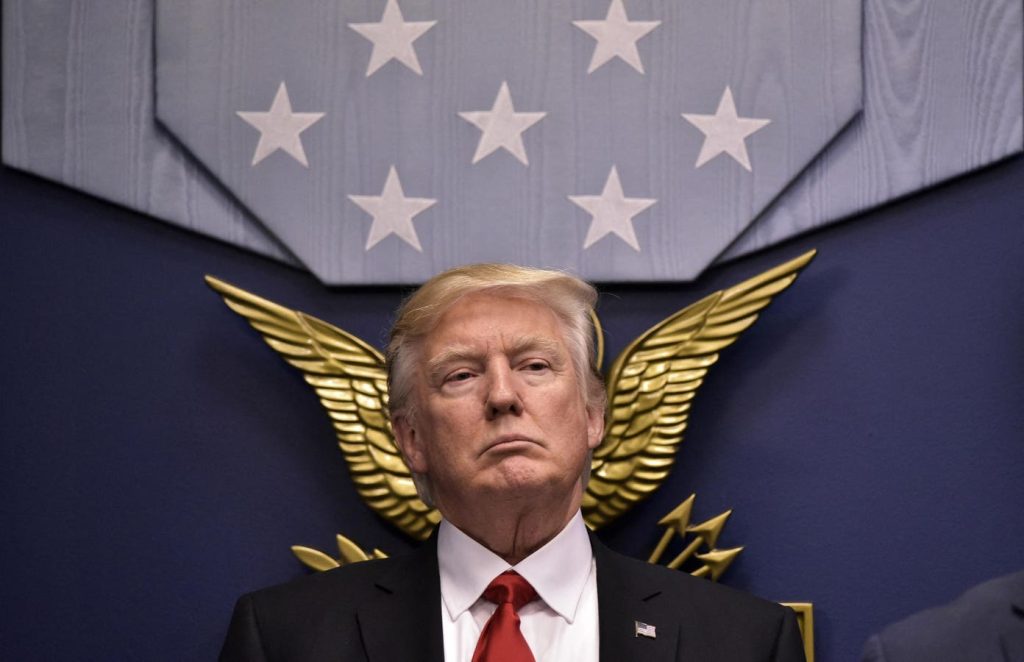The news of an impending second Trump administration has sparked excitement in Silicon Valley as the tech industry looks forward to expanding its presence in the defense sector. Companies like SpaceX, Palantir, and Anduril are dominating the defense tech space, driven by increasing tensions with China and Russia, as well as fears of falling behind in military technology. Venture capital firms like Andreessen Horowitz, General Catalyst, and 8VC have set up funds to support a growing number of unicorn-valued companies developing drones, autonomous boats, and weapons of war.
The influence of Elon Musk on Trump’s policies has been a key factor in the excitement surrounding the defense tech sector. Musk’s endorsement of entrepreneurial companies like Anduril and his emphasis on paying for outcomes rather than requirements documents have led to speculation that he may take on a government role. Silicon Valley leaders like Marc Andreessen and Jacob Helberg have aligned themselves with Trump and are advocating for policies that support innovation in the defense industry.
Selling to the Pentagon has been a significant challenge for defense tech startups, with many struggling to secure major contracts before running out of capital. Less than 1% of the Pentagon’s contracts were reportedly awarded to venture-backed companies during a recent fiscal year. Elon Musk and other Silicon Valley leaders believe that Trump will bring about changes in defense spending, encouraging the Pentagon to act quickly and allocate resources to emerging companies developing cost-effective autonomous weapons.
One major frustration for defense tech startups has been cost-plus contracts, which can result in significant financial incentives for contractors if performance measures are met. However, these contracts can also lead to massive cost overruns, prompting calls for improved contracting practices. Some companies, like missile startup Castelion, are hopeful that Trump’s focus on cost-plus contracting will lead to positive changes that benefit taxpayers.
Trump’s victory has created uncertainty in Europe’s defense tech sector, with concerns about the potential impact of US policy changes on NATO and relations with Russia. The new administration’s stance on Chinese tariffs and support for Taiwan will also be closely watched. The appointment of a new Secretary of Defense, such as former CIA director Mike Pompeo or Senator Tom Cotton, both known China hawks, could signal a continued tough stance on China and influence defense policy in the coming years.
Overall, the tech industry is optimistic about the potential for growth and innovation in the defense sector under a second Trump administration. With support from influential figures like Elon Musk and Marc Andreessen, as well as a focus on reforming defense contracting practices, Silicon Valley companies are eager to secure major government contracts and drive advancements in military technology. The future of the defense tech sector is closely tied to the policies and appointments of the incoming Trump administration.















